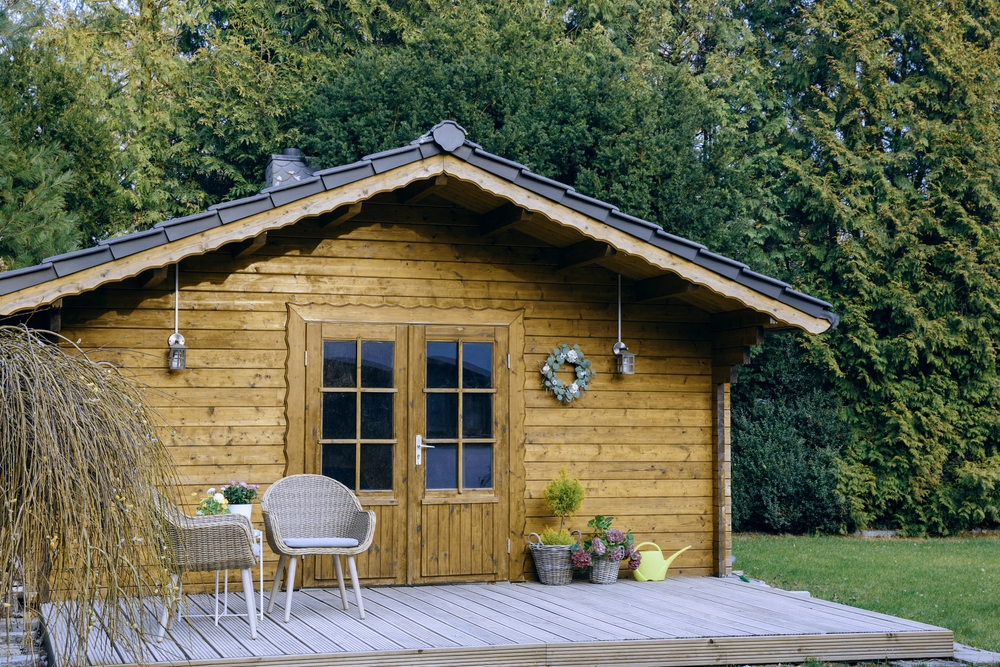
What kind of items do you keep in your outdoor shed?
If you’re lucky enough to have a lovely backyard with an outdoor shed, you probably use a large part of it for storage. While it can save you a ton of space from your home or garage, unless your shed isn’t properly insulated, some items shouldn’t be stored there.
The combination of moisture, extreme temperatures, and potential pets puts your belongings at risk. We’ve compiled a list of items you should never store in your outdoor shed unless you don’t want them to get ruined, and we’ll share everything with you. So, without further ado, let’s see what things you should probably leave inside or in your garage!

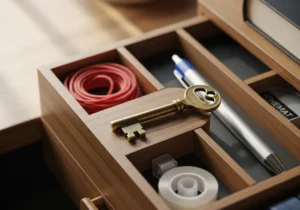
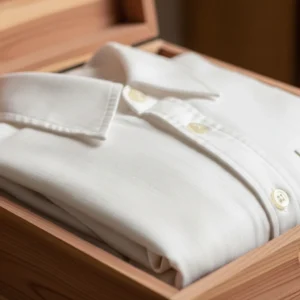
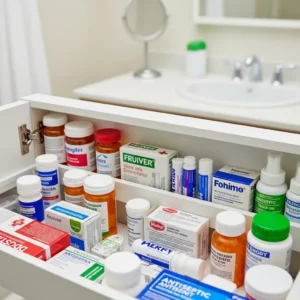
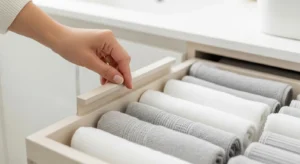
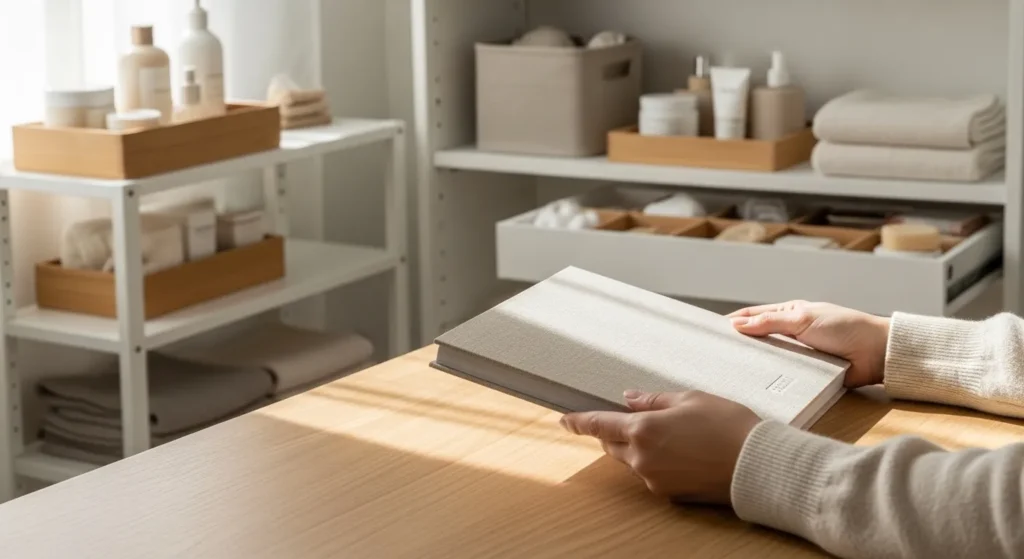
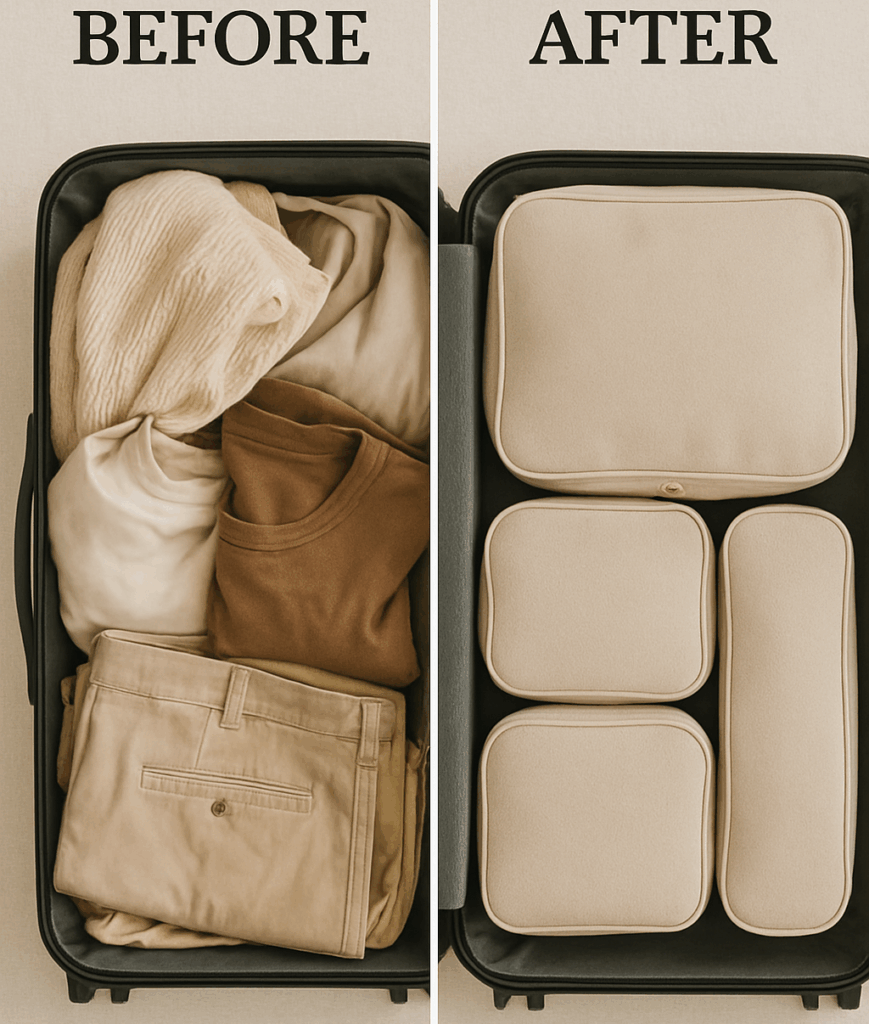
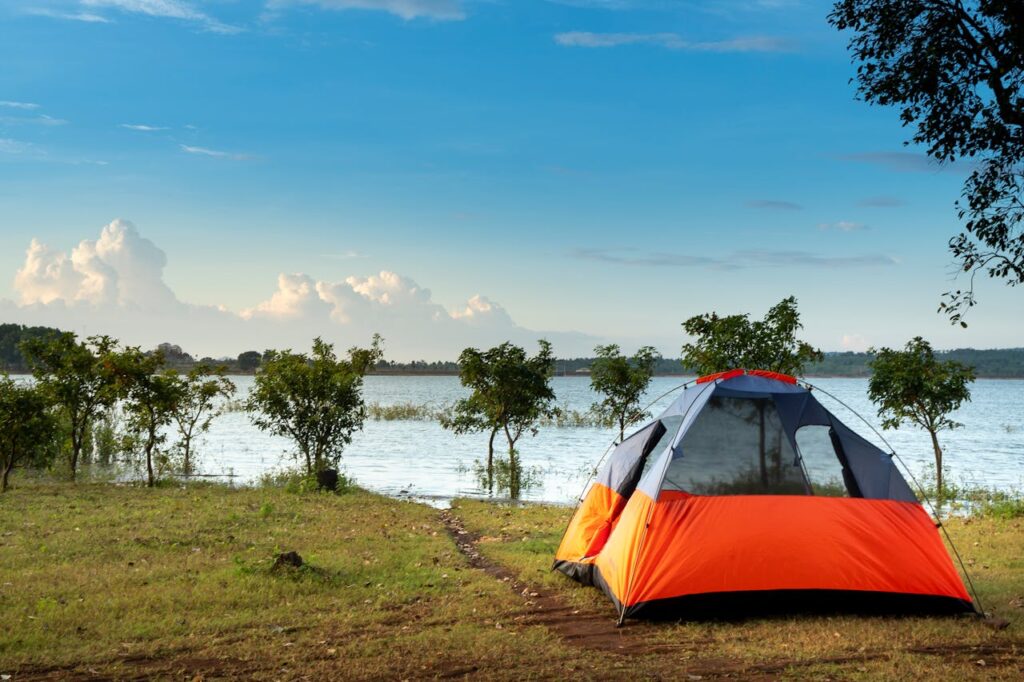
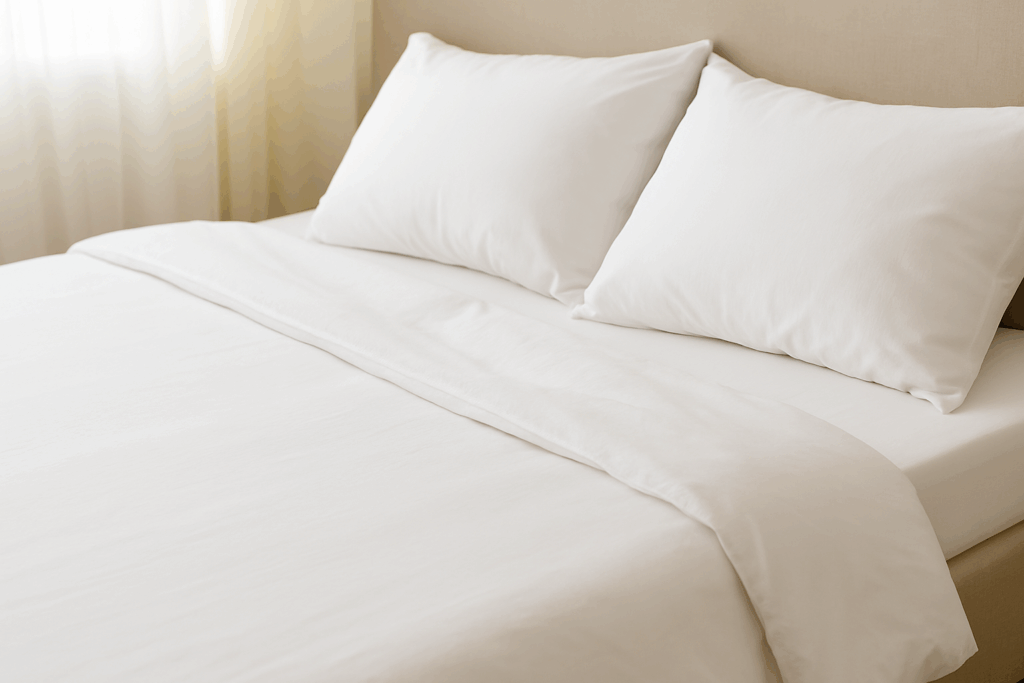
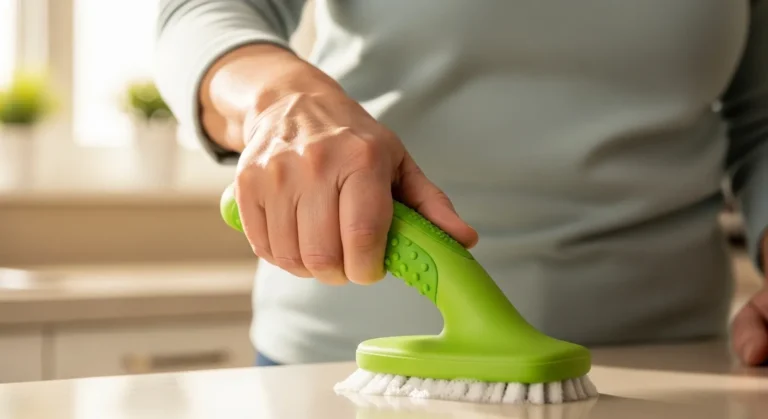
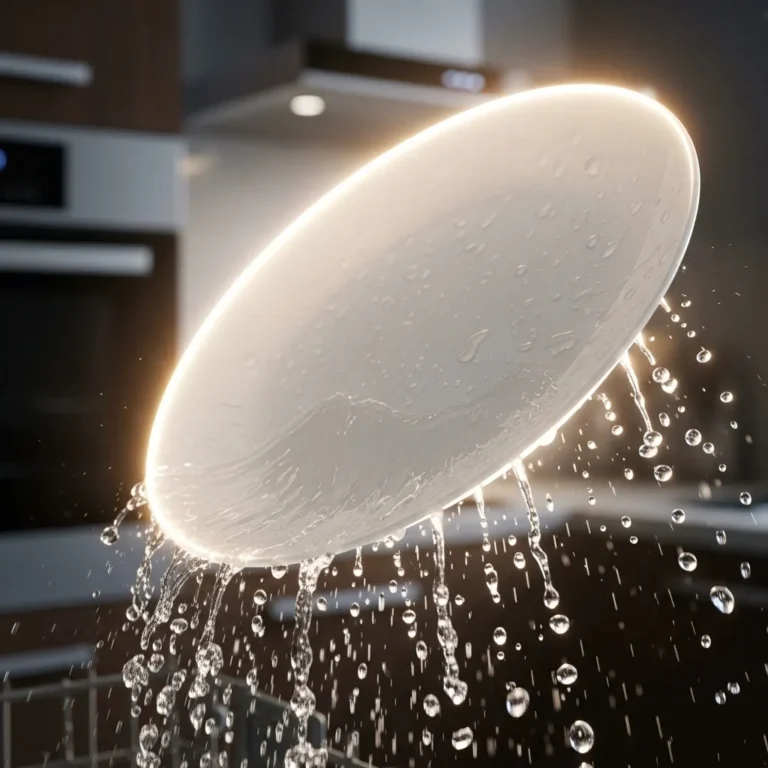
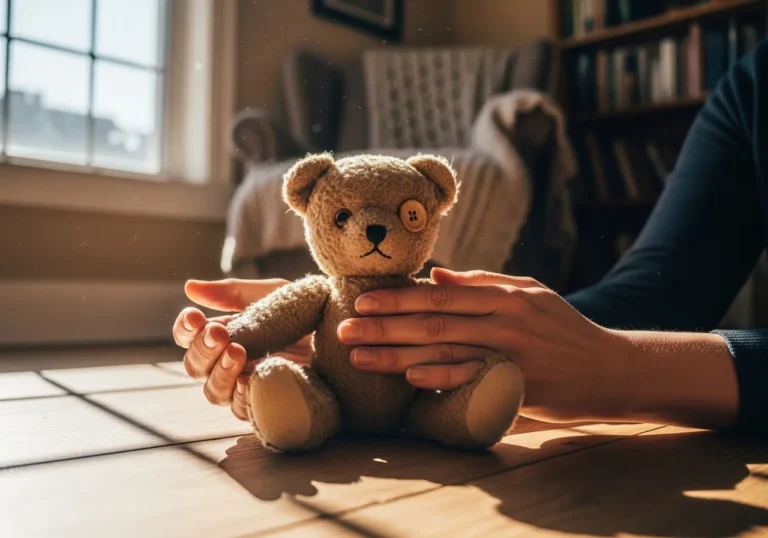
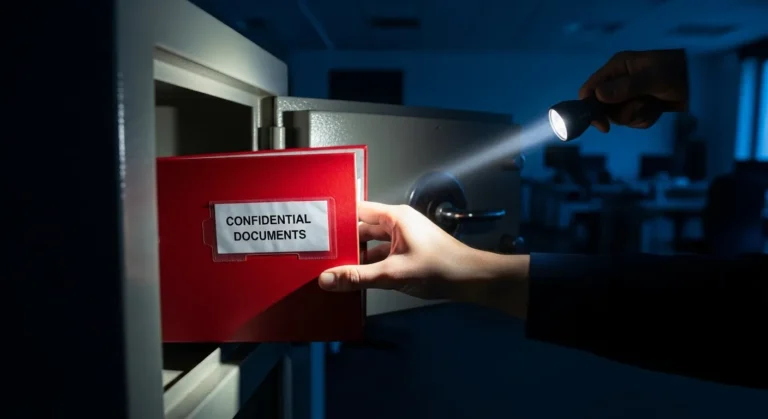
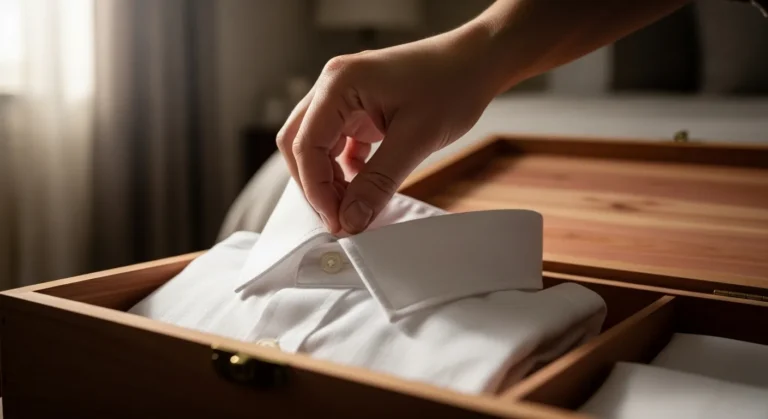
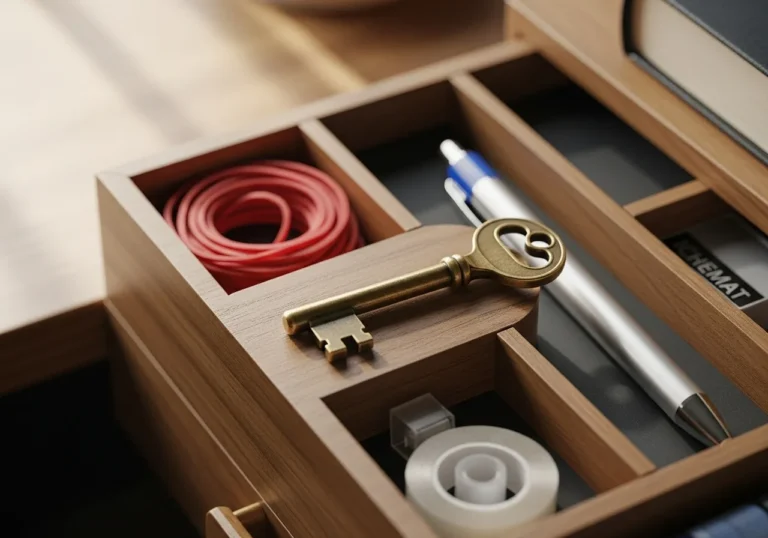
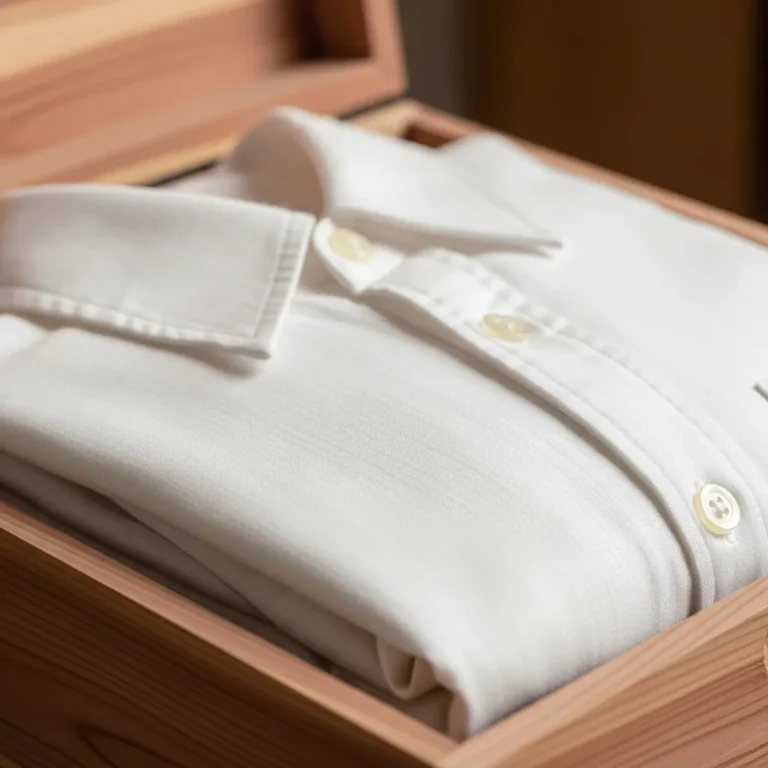
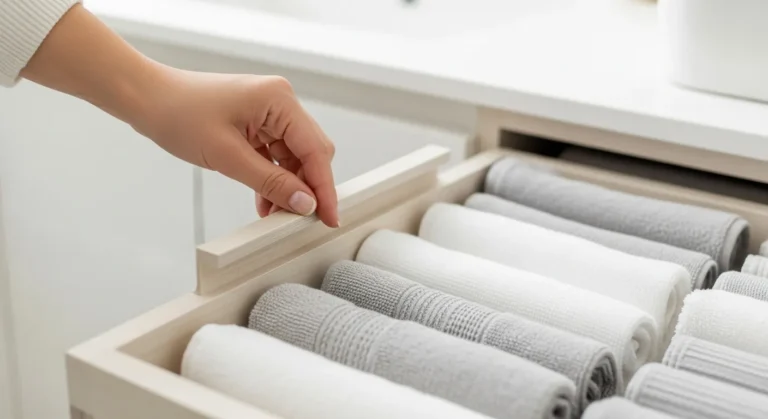
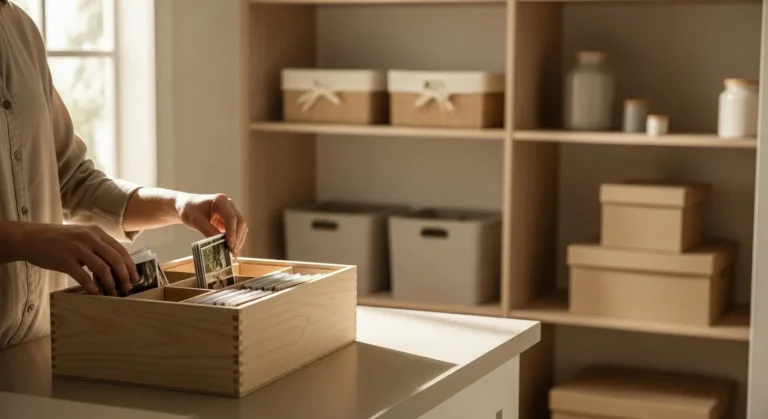
2 Responses
Also include lawn mower gasoline and holidy fireworks, outdoor grill charcoal starter.
Many years ago, living in a smaller house, but with an outdoor shed, I left some of my college textbooks in the shed t save space in the house. Big mistake! In just a year or two, the ones that hadn’t been half-eaten by insects had turned moldy from exposure to the elements.
Fortunately I never needed those books, but I learned from the experience.